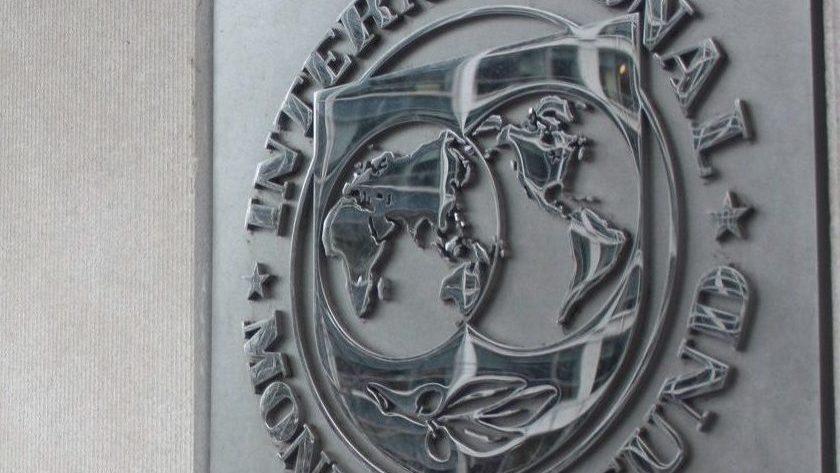Economic growth forecast at between 1.7%, 6.5%
The most pessimistic forecast is that of the OECD, which points to the economic growth of only 1.7% next year. The most optimistic figure is from the IMF, which points to GDP growth of 5.4%.
Forecasts for Portuguese economic growth in 2021 range from 1.7% by the Organisation for Economic Cooperation and Development (OECD) to 6.5% by the International Monetary Fund (IMF), after 2020 was marked by the Covid-19 pandemic.
The most optimistic figures from the IMF contrast with those of the government and the European Commission, which point equally to GDP growth of 5.4%, while the Public Finance Council (PFC) expects a recovery of 4.8% in 2021.
Bank of Portugal published its updated forecasts on December 14, pointing to the economic growth of 3.9% in 2021, while it also expects growth of 4.5% and 2.4% in 2022 and 2023 respectively.
The most pessimistic forecast is that of the OECD, which points to the economic growth of only 1.7% next year.
The IMF points to a 10.0% drop in the Portuguese economy this year, with the European Commission and CFP expecting a recession of 9.3%, the government 8.5%, the OECD 8.4% and Bank of Portugal 8.1%.
In the government’s figures, set out in the State Budget report for 2021, the executive points to a positive contribution from both domestic demand (4.1 p.p.) and net external demand (1.3 p.p.), through more dynamic private consumption, investment and public consumption components, and stronger than expected growth in exports for imports.
“Private consumption is expected to increase by 3.9% in 2021, after an expected reduction of 7.1% in 2020,” as read in the document, which also reports a gradual improvement in the labour market, leading to a slight increase in household disposable income and a reduction in the savings rate, and also estimates growth in public consumption of 2.4% in 2021 (-0.3% in 2020).
The governor of Bank of Portugal, Mário Centeno, pointed out in the December issue of the Economic Bulletin that the end of 2020 will hamper economic recovery in 2021.
Given the growth forecast for 2022 (4.5%), the growth rate for 2021 is very much affected by the bad starting point that originated in the fourth quarter of 2020, said Mário Centeno, considering that it is a little misleading for the dynamic that, quarter after quarter, will take shape in Portugal.
In terms of public debt growth, the government estimates that it will reach 130.9% in 2021, after a forecast of 134.8% for 2020.
“The ratio is expected to fall by -3.9 p.p. percentage points] to 130.9% of GDP. The main contribution will be made by the resumption of nominal GDP growth and, in second place, by the reduction of government deposits by about 1.7 p.p. of GDP,” as read in the State Budget report 2020/2021.
The government forecast is close to those of the IMF (130.0%) and the European Commission (130.3%), below the CFP (134.5%) and OECD (139.7%) forecasts.
Bank of Portugal also projects that after a rise from 6.5% to 7.2% in 2020, the unemployment rate should increase further in 2021, to 8.8%, then fall to 8.1% and 7.4% respectively in 2022 and 2023.
In addition to the BoP forecast for 2021, the OECD estimates an unemployment rate of 9.5%, the CFP of 8.8%, the government of 8.2%, and the IMF and European Commission of 7.7%.
In 2021, the government still expects the deficit to fall from the 7.3% forecast for 2020 to 4.3%, while the European Commission points to a deficit of 4.5%, the CFP of 3.2%, the IMF of 2.7%, and the OECD of 6.3%.
Next year is still marked by the assessment of the European Commission’s Stability and Growth Pact measures, which are currently suspended but could be back in 2022 when the government already expects to have the deficit within the limits requested by Brussels (3%).
The minister of state and finance, João Leão, has already stressed that it is important not to make the same mistakes as were made in the previous crisis when attempts were made to return to budgetary consolidation too soon.
“At the right time, and in 2021, depending on the evolution of the pandemic, we have to consider how we are going to predict and have the rules for 2022. But it is still too early to define the rules from now on,” João Leão said in December.


